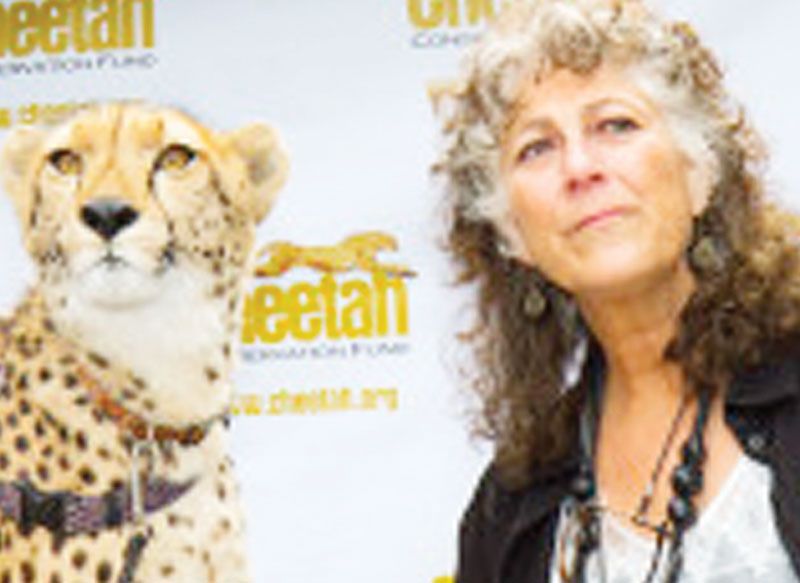
Fight against wildlife trafficking gets support from US government – Two Cruisers to monitor activities in Windhoek and Kunene

A project managed by the Namibia Nature Foundation (NNF),“Combating Wildlife Trafficking in Namibia”, recently got a boost from the United States government in the form of two Toyota Land Cruisers .
Ambassador Lisa Johnson recenly handed the vehicles to the project. One vehicle will be used by Foundation in the Windhoek area and the other by the Ministry of Environment and Tourism in Kunene.
The project is the third in a series of three projects funded by the Department of State’s Bureau of International Narcotics and Law Enforcement Affairs (INL).
It aims to reduce poaching and trafficking of protected animals and their body parts originating from Namibia. It also works to strengthen Namibia’s domestic criminal justice institutions to successfully carry out enforcement, investigation and prosecution of wildlife crimes.
The project directly supports the Ministry of Environment and Tourism and the Namibian Police to implement a comprehensive set of on the ground anti-poaching interventions. The Ministry of Justice, the Prosecutor-General Office, and the Ministry of Finance are other important government partners in the fight against wildlife crime. The vehicles will be used to improve the projects team mobility in North-West Namibia as well as that of the project management unit.
Ambassador Johnson said, “The fight against wildlife trafficking requires a partnership among organizations like the NNF, governments, and communities. Working together we will be able to save Namibia’s most endangered species.”
At the handover Executive Director of the NNF, Angus Middleton said, “The INL funding became available at a critical point in time, especially when rhino poaching picked-up in Namibia. Through providing targeted support to a number of Namibian government agencies and field partners, poaching incidents have been reduced and arrests have increased. This is important nationally not just because of wildlife and tourism but because criminal syndicates target wildlife, just as much as they are involved in other illicit activities such as drugs and human trafficking.”
Middleton further stated that, “This funding also underlines the need for international collaboration to combat wildlife crime and to conserve our common global heritage. We remain grateful to the United States Government for not only supporting us but joining us in solidarity for conservation and development”.
Caption: US Ambassador, Lisa Johnson, hands over the key of a Land Cruiser to the Executive Director of the Namibia Nature Foundation, Angus Middleton.









































